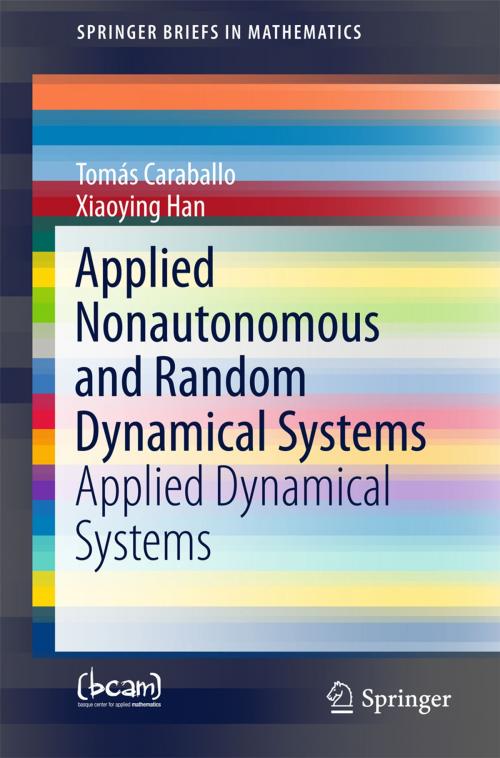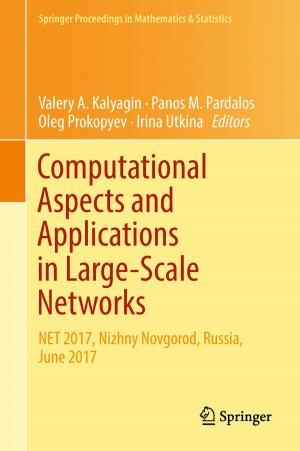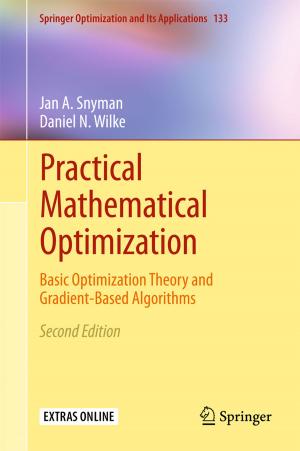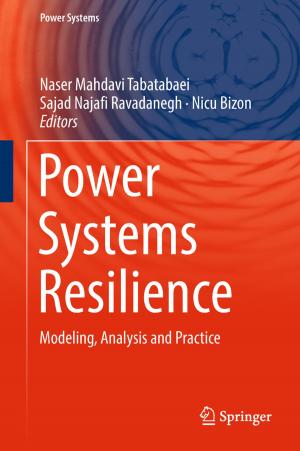Applied Nonautonomous and Random Dynamical Systems
Applied Dynamical Systems
Nonfiction, Science & Nature, Mathematics, Differential Equations, Statistics| Author: | Tomás Caraballo, Xiaoying Han | ISBN: | 9783319492476 |
| Publisher: | Springer International Publishing | Publication: | January 31, 2017 |
| Imprint: | Springer | Language: | English |
| Author: | Tomás Caraballo, Xiaoying Han |
| ISBN: | 9783319492476 |
| Publisher: | Springer International Publishing |
| Publication: | January 31, 2017 |
| Imprint: | Springer |
| Language: | English |
This book offers an introduction to the theory of non-autonomous and stochastic dynamical systems, with a focus on the importance of the theory in the Applied Sciences. It starts by discussing the basic concepts from the theory of autonomous dynamical systems, which are easier to understand and can be used as the motivation for the non-autonomous and stochastic situations. The book subsequently establishes a framework for non-autonomous dynamical systems, and in particular describes the various approaches currently available for analysing the long-term behaviour of non-autonomous problems. Here, the major focus is on the novel theory of pullback attractors, which is still under development. In turn, the third part represents the main body of the book, introducing the theory of random dynamical systems and random attractors and revealing how it may be a suitable candidate for handling realistic models with stochasticity. A discussion of future research directions serves to round out the coverage.
This book offers an introduction to the theory of non-autonomous and stochastic dynamical systems, with a focus on the importance of the theory in the Applied Sciences. It starts by discussing the basic concepts from the theory of autonomous dynamical systems, which are easier to understand and can be used as the motivation for the non-autonomous and stochastic situations. The book subsequently establishes a framework for non-autonomous dynamical systems, and in particular describes the various approaches currently available for analysing the long-term behaviour of non-autonomous problems. Here, the major focus is on the novel theory of pullback attractors, which is still under development. In turn, the third part represents the main body of the book, introducing the theory of random dynamical systems and random attractors and revealing how it may be a suitable candidate for handling realistic models with stochasticity. A discussion of future research directions serves to round out the coverage.















